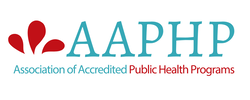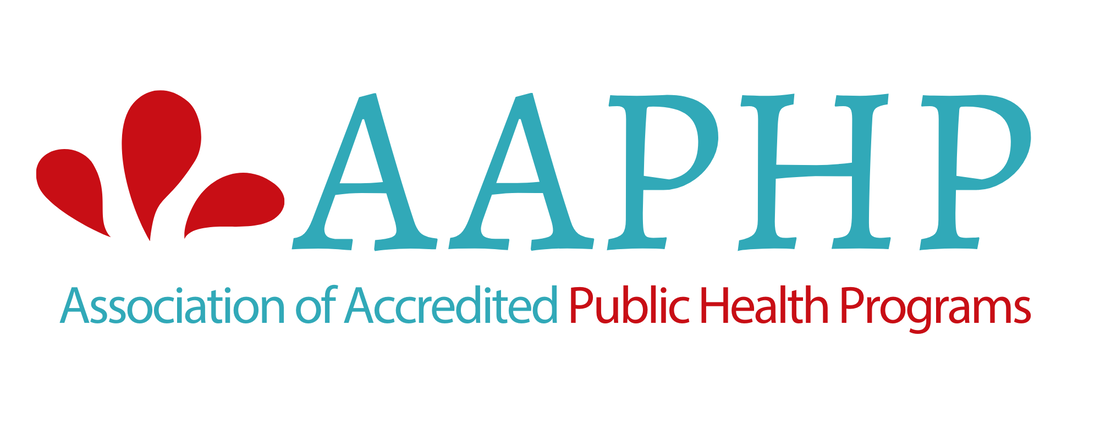MPH Program Accreditation
In promoting the standards associated with public health and community health education accreditation, AAPHP has a major commitment to encouraging and supporting higher education institutions to seek and maintain accreditation through the Council on Education for Public Health (CEPH).
What is Accreditation?
Accreditation is the status of public recognition that an accrediting agency grants to an educational institution or program that meets the agency's standards of requirements. Accreditation attests to the quality of an educational program that prepares students for entry into a recognized profession.
Accreditation is the status of public recognition that an accrediting agency grants to an educational institution or program that meets the agency's standards of requirements. Accreditation attests to the quality of an educational program that prepares students for entry into a recognized profession.

What is CEPH?
The Council on Education for Public Health (CEPH) is an independent agency recognized by the US Department of Education to accredit schools of public health and independent public health programs offered in settings other than schools of public health. These schools and programs prepare students for entry into careers in public health. The primary professional degree is the Master of Public Health (MPH), but other masters and doctoral degrees are offered as well.
The Council on Education for Public Health (CEPH) is an independent agency recognized by the US Department of Education to accredit schools of public health and independent public health programs offered in settings other than schools of public health. These schools and programs prepare students for entry into careers in public health. The primary professional degree is the Master of Public Health (MPH), but other masters and doctoral degrees are offered as well.
Benefits of Accreditation
Accreditation demonstrates the institution's commitment to achieving and maintaining quality.
Graduation from an accredited program enhances the opportunities of graduates.
- It provides an external evaluation that publicly attests to the quality of the program.
- It facilitates building bridges and networks with similar preparation programs.
- Accreditation can be an effective leverage to bring about change in a program.
- Widespread use of accreditation aligns public health and health education with the practices of other health professions.
- It frequently establishes institutional eligibility for federal funds
- Accreditation enhances the ability of programs to seek external funding
- Accreditation positions programs within their university and makes them more competitive for resources
- Accreditation status enhances the ability to recruit well-qualified students.
- Accreditation status enhances the ability of universities to recruit and appoint top faculty.
Graduation from an accredited program enhances the opportunities of graduates.
- Accreditation already establishes eligibility for graduates to become CHES certified and may eventually be required
- It establishes eligibility for graduates to qualify for selected jobs
- It establishes eligibility for graduates to qualify for selected doctoral fellowships.
- It enhances graduates' ability to apply for and be accepted into doctoral training programs.
- It establishes eligibility for students to qualify for federal public health traineeships.
- It establishes clear expectations about skills and competencies that the employer should expect.

